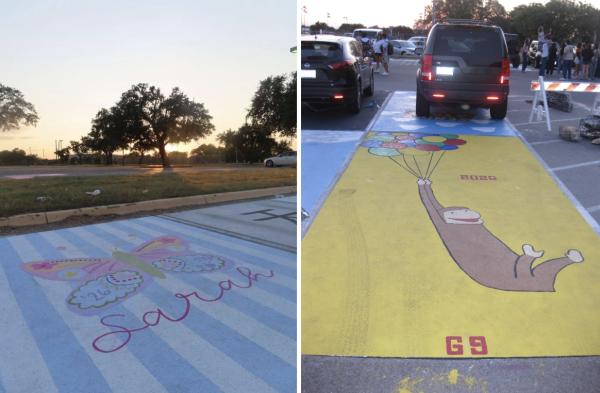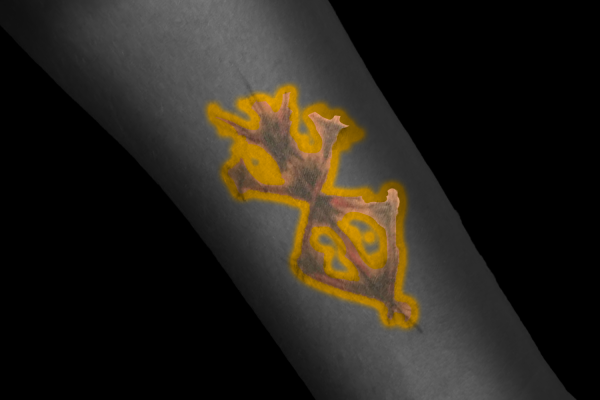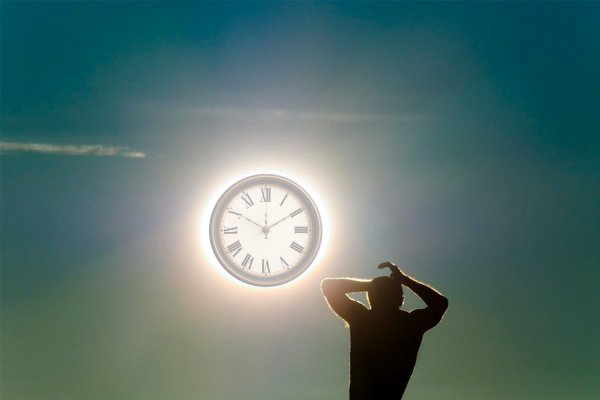Guatemala 2014
Solola, Guatemala, 2014. The atmosphere of the bumpy bus ride was thick with anticipation and exhaustion. The term “cliff hanging” had changed meaning to those aboard as the bus drove 70 miles an hour up a winding road on the edge of a cliff. Small children walked inches from the speeding vehicle amongst their mothers, some even with enough nerve to walk alone.
Outside the rolled down window was a breathtaking sight. To exist in the presence of such a impoverished and crowded city, accompanied with magnificent mountains surrounding it was something one cannot express in just a few words.
Nor can they be expressed in many words, in my humble opinion. A picture couldn’t dare capture the essence of the atmosphere outside of that bus ride as we traveled up the side of the mountain. Trees swirled along the ridge side as winds tempted clouds to touch the roads, coating them with a thin mist. Wet, winding roads atop a cliff, one might believe, are quite dangerous compared to the luxurious straight roads in the States. In Guatemala, one can be staring at the face of another dying of malnutrition and remain unphased.
The twisted roads became the least of the twenty-three strangers worries as they ducked their heads in the presence of the Guatemalan military. Guns in hand, the military leaders would stare us up and down, thankfully from a distance. The severity of their closeness was uncomfortably confining, no matter if they stood in the city streets surveying the civilians as they sold their “handmade” merchandise or if they took post atop building roofs and watched down upon the strolling people like hawks stalking their prey.
Driving among the traditional corn fields and run-down buildings, most would assume the scenery would be the best part of the experience. Avoiding people on our mission, fortunately, was not on the agenda. In fact, we were stationed to make an impact on an orphanage three hours up the side of the fractious mountain.
Falling waters could be found pouring down the mountain sides at random locations. At these hot spots the group would suddenly rise from their deep slumbers like the living dead and break free from the chains that held them down to their seats. These unfamiliar tourists would pounce on just about any opportunity to become immersed in the Guatemalan culture.
As the sun set, flickering lights of fires became visible, trapped inside hand-built stone and dirt houses. The orange hue of the setting sun, hidden amongst the thick gray clouds, grazed the treetops and illuminated birds as they glided through the air. Street vendors, desperate to sell their crops to afford their next meal, began to pack their belongings and head back to their shelters.
Though the weight of hardship was present, joy was spread across the faces of the innocent children who had yet been struck with the harsh beating of reality. Their bright eyes lifted towards the rain, cleansing themselves, while the adults sought shelter in front of a warm fire.
Grieving had adopted a new meaning as the mourning raised their hands towards the heavens, praying to God that their children would have a rare, nutritious meal for the next evening. Rain was exhibited as a blessing instead of a curse. The understanding that if there were no rain, crops wouldn’t be available for the purpose for being consumed by their family. In what little they had, they made the most of every moment and ate every crumb, no matter the taste.
The bus drove us through the city. Buildings were squeezed together in what small space there was. One hundred, perhaps 200, stores could fit in a typical American H.E.B. Aromas drifted from one department to the next, enveloping our noses with the sour scent of waste flung on the side of the road.
Burning wood was found at every other corner, either cooking meals or burning trash. The smoke burnt the woozy tourists’ eyes, confusing them like the dazed calf wandering in the middle of a crowded suburban road. Debris and dirt caked the ground beneath the feet of people who walked alongside the shops, but every once in a while you were lucky to spot a beautiful flower that had yet to be trampled among the devastated area providing that sense of hope that has yet to vanish from the city.
“This is what I like to believe a missionary’s role is.” I wrote in my journal sloppily, as the bus bumped back and forth on the gravel road. “We are the daisy in the field of roses. Visibly different and spectacularly unspectacular compared to the respected norm. We are the sense of hope in the field of desolation. The oasis of water in the middle of the desert. We are the refuge, we are the few, we are the missionaries.
“We pray for more time to recover from our heartaches of the past before pressing on into the depths of a new adventure, but who are we to determine our own futures? Are we worthy? Barely, if at all. We didn’t travel the globe for an easy mission. We left our possessions at home to make more room for our empty hearts, in which we hoped would be filled by the end of the journey. We seek relationships. We seek happiness. But most of all, we seek God.”
Your donation will support the student journalists of McNeil High School. Your contribution will allow us to purchase equipment and cover our annual website hosting costs.





